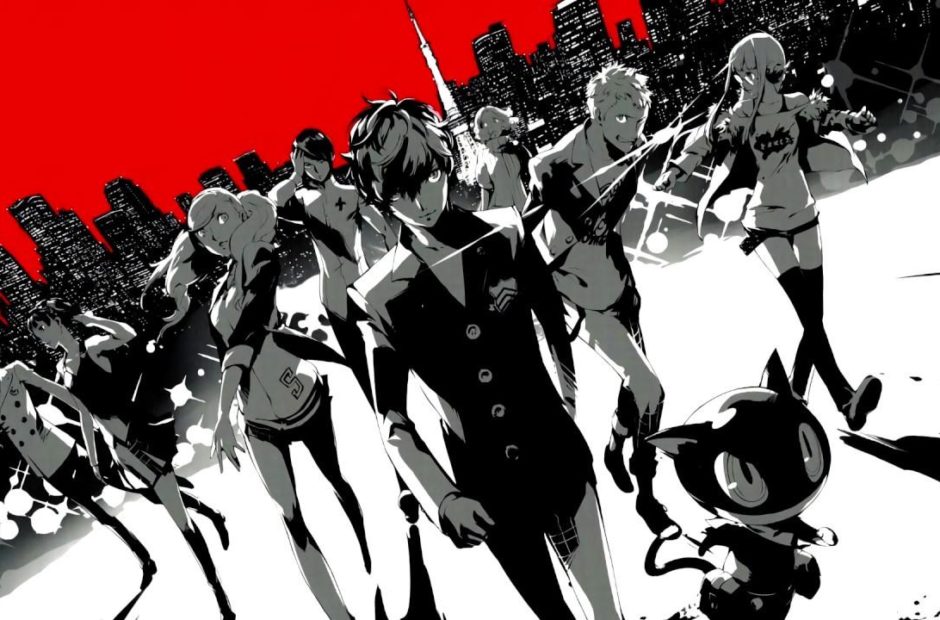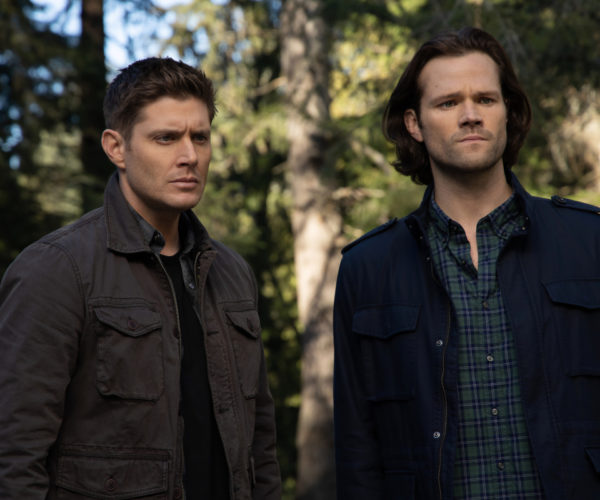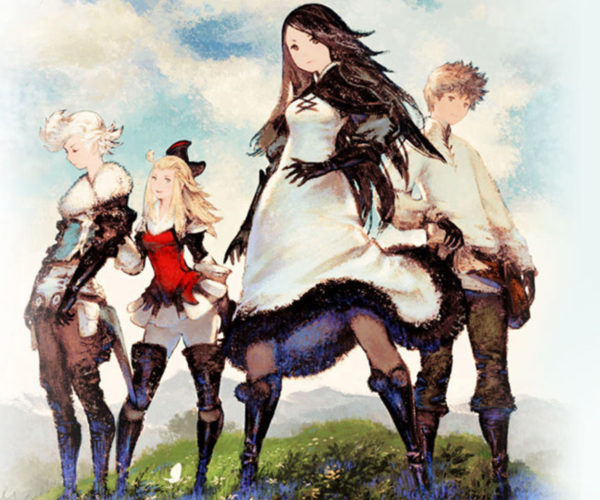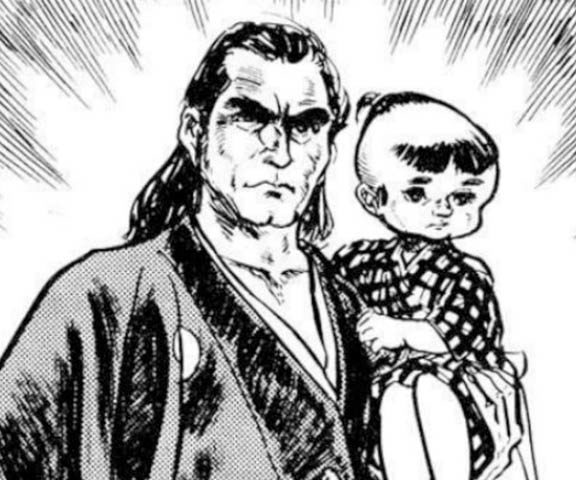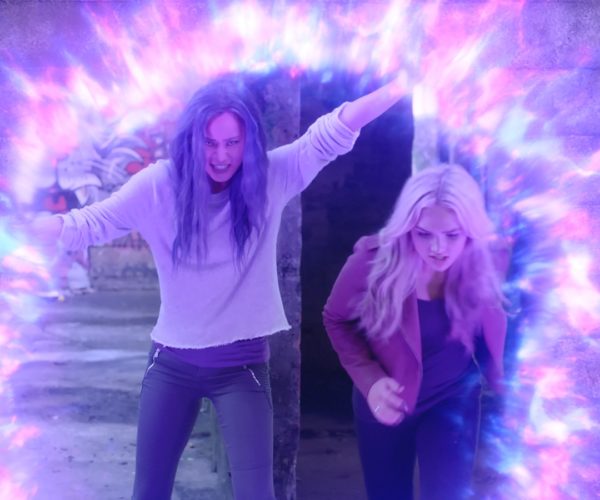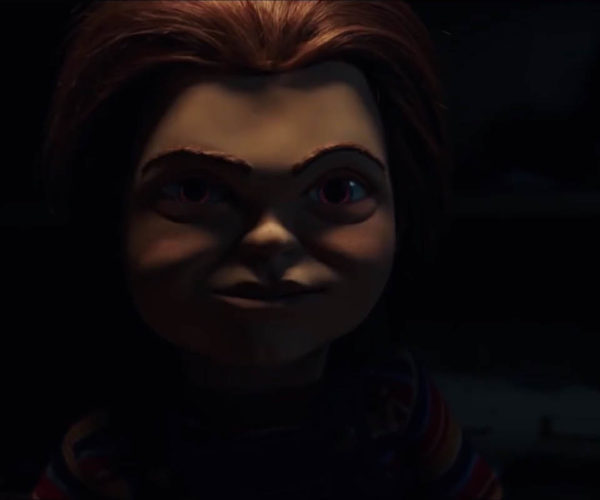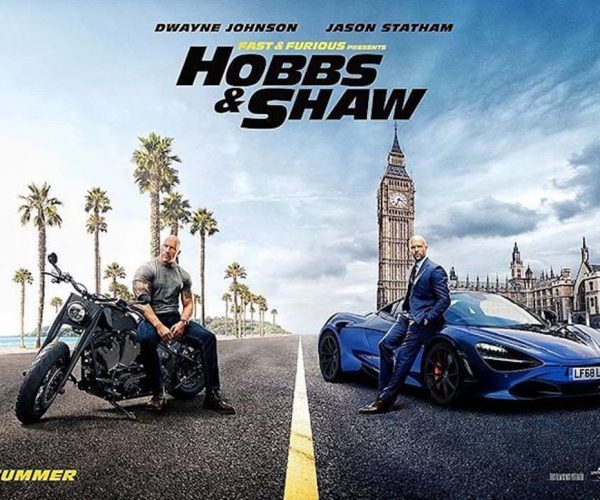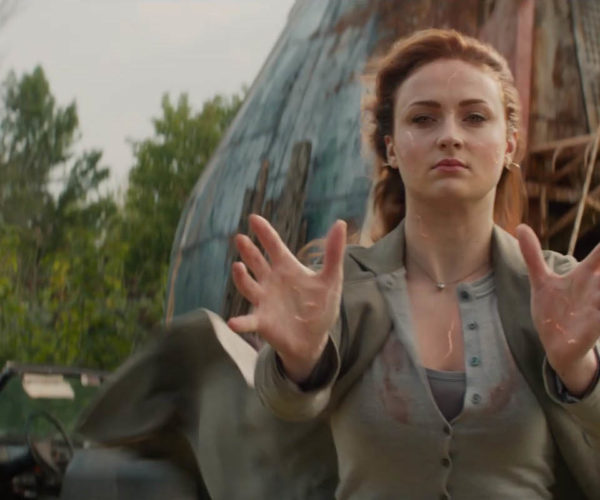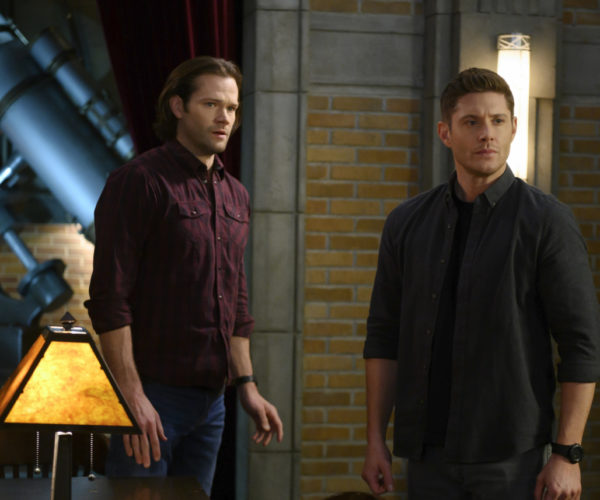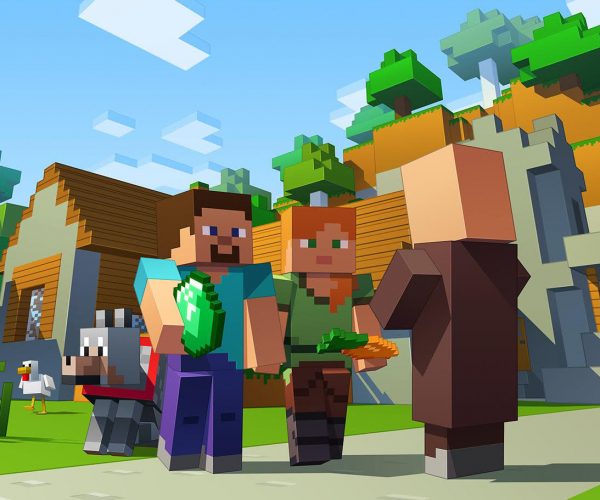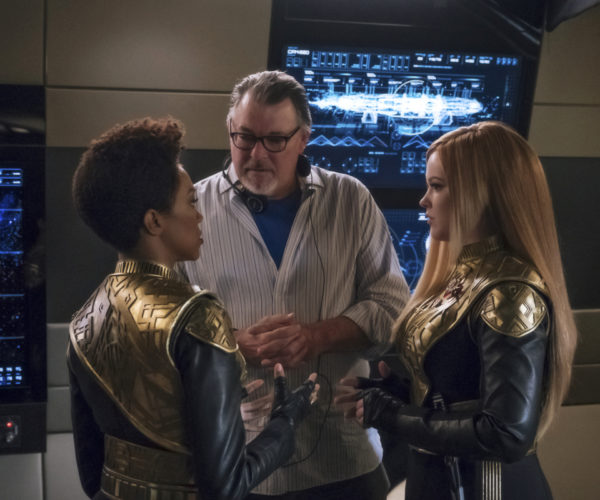Our chronological countdown of the top 20 JRPGs of the 2010’s continues today, and yet… we’re only four years deep! Don’t be fooled into thinking that the second half of the decade wasn’t as jam packed with great games or the genre ran out of steam from its brief resurgence.
2012 was just a rock solid year that gobbled up a good chunk of our list, and the generation leap from the dreadful examples on the PlayStation 3 and Xbox 360 to the stunning library on the PlayStation 4 and Nintendo Switch couldn’t have gone any better for JRPGs. The decade only gets brighter and brighter from here on out.
However, we’re still chiseling away in the early years in 2013 in our list, covering a game that many thought would be impossible to recover from after a dreadful launch.
Final Fantasy XIV: A Realm Reborn
Final Fantasy never gets enough recognition for its online endeavors. Final Fantasy XI: Online is the most successful game in the series’ history, but you’d never know that because of how often it is dismissed by longtime fans… especially those who have never played it. Released with a subscription fee long before World of Warcraft made the payment method a norm, fans rejected the idea and passed over it.
A decade later, fans rightfully passed over Final Fantasy XIV, which was a travesty of game design and developed by business executives who believed its problems could be patched out. Nope, that idea tanked, and the whole game had to be rebuilt from scratch.
And by the time Final Fantasy XIV: A Realm Reborn launched, the MMORPG had gone out of style, replaced by MOBA games and much simpler time and money investments. Final Fantasy just can’t get a break online, can it?!
What a shame, too. Final Fantasy XIV: A Realm Reborn is a beautiful game, brimming with gorgeous landscapes, fun character designs, deep combat, and most importantly, that ever-present Final Fantasy style. Among the modern games of the HD era, it’s easily the most loyal to the style that made the series popular in the first place.
If you’re a Final Fantasy fan who has resisted the MMORPG movement, stop right now and play this game. You can even play it solo! Square Enix took into account that people play MMORPGs different, so there is no need to turn it into a second job if you’re just looking to experience its nice story. You’ll find the most beautiful Final Fantasy game of the decade within.
Persona Q: Shadow of the Labyrinth
Atlus had the right idea with this one. Take its two most successful franchises, Persona and Etrian Odyssey, and cram them into a single game. What could go wrong?
Well, not a whole lot really. Persona Q: Shadow of the Labyrinth combination of Etrian Odyssey’s dungeon crawling with Persona’s style, characters, demon crafting, and combat system turns out to be greater than the sum of its parts and a rock solid JRPG that stands all on its own.
Best of all… that soundtrack! “Light the Fire Up in the Night” could be the battle theme of every JRPG for the rest of time, and I wouldn’t mind one bit!
Some complaints hold ground, like the characters being simplified, comic book versions of themselves and the struggle to find time balancing such a large cast of characters, but all in all, this is the perfect tribute game to two series that are currently in entrenched in the driver’s seat of the genre.
Terra Battle
A choice that might prove controversial among gaming traditionalists, but hear me out. None can deny the huge impact that Puzzle & Dragons and its ilk of freemium “gacha” games have had on the JRPG genre.
A good 99 percent of these games are not worth your time, but Terra Battle is not one of these. Terra Battle is special, standing out from the crowd with its unique character art, soundtrack, and atmosphere. Its dreamlike Dungeons & Dragons-esque storytelling challenges your imagination to create the world in front of your eyes, touching on settings, themes, races, societies, and and entire universe that not a single game on this list can compete with.
One minute, you’re battling lava beasts on a descending elevator, and then next, you’re soaring through the stars on a spaceship powered by the life force on an entrapped princess. Its story weaves and flows seamlessly from battle to battle, backed by a top notch localization.
And the battles. True, you have to grind a lot to play the post-game content, but the “superbosses” and post-game content will challenge even the players who have sunk five years into perfecting its deceptively deep combat and character building mechanics. Again, no offense, but nothing on this list comes close to as challenging as Terra Battle… except maybe Resonance of Fate.
But what else can you expect from the masterminds of the genre? Helmed by Final Fantasy creator Hironobu Sakaguchi, he is one of many superstars of the genre that fans will immediately recognize on the game’s credits.
I’ve ranted, raved, and even eulogized my time with Terra Battle… and I just picked it up again last week, finding new things to do. Terra Battle has lost service in several countries, watched as its sequel went down in flames, and seems to be on its last legs as the developers are practically handing its content out for free, but it’s still soaring through the stars as one of the decade’s best JRPGs, no question.
It will be a sad universe the day we lose Terra Battle for good.
I Am Setsuna
2016 was the year where we got to finally see two titans of the genre, Square Enix and Atlus, go head to head with their biggest franchises in a glorious battle for supremacy of the JRPG genre…
But first, we got I Am Setsuna, a lovely and deeply personal game from Tokyo RPG Factory, a Square Enix studio founded with the idea of channeling the classic feel that made Bravely Default such a success. I Am Setsuna obviously has a lot of love for classics of the genre, Final Fantasy X and Chrono Trigger the most obvious of them all, but for a game that was designed to generate nostalgia, it found its success on its own originality and barebones development.
Tokyo RPG Factory employed the Unity engine for this game and was forced to cut corners left and right to develop a final product. Unable to afford an orchestra to perform the music, it enlisted the aid of a pianist to write and perform its beautiful score. Unable to create vast, beautiful landscapes that could compete with its peers, it simply relied on cold snowfields to help drive home its themes of loneliness and isolation.
Death, loss, suffering, regret, every sad emotion you can experience is tucked away in the series as its complex character try to get their minds in the right place to do what’s necessary. You’ll laugh with them, cry with them, and despite the obvious hints and winks to the games that inspired it, you’ll be so invested in the story that you won’t bother to mind.
And once you find that developer’s room, forget it. You’ll never want to leave I Am Setsuna’s world.
This game didn’t work for everyone, and Tokyo RPG Factory’s second game Lost Sphear worked for even less people, but for what it’s worth, with the budgetary limits and the small engine, the team obviously poured their soul into this game, and you can feel that passion when you play it. In this way, it captures the NES and SNES classics to a far greater extent than others, overcoming complications with imagination and creating something so special within strict limitations.
Persona 5
Nobody thought that Atlus could outdo themselves after Persona 4, but Persona 5 rose to the challenge. Bringing the high school demon hunting series back to the crowded streets of Tokyo, we get a whole new host of fun characters, twisted storylines, wicked demons, and jazzy tunes to create a generation of Persona multimedia spin-offs.
But at the heart of this booming franchise is the game itself, which has never felt more finely tuned than it does in Persona 5. Knocking an enemy of its butt with a strong element still feels just as satisfying as it did a decade ago in older games, and the pace at which this game unfolds really makes you feel like you’re using your time well.
The addition of the whole “thief” motif gives the game a stealth element that would make Solid Snake himself jealous of!
There is a reason that Persona is the dominant JRPG franchise at the moment, and it’s because its developers simply know what they are doing. Each game comes out as a clear masterclass of JRPG development, and they are guided by a simple formula that can be built upon without going off the rails too far…
…unlike another franchise out there.
Final Fantasy XV
If the developers of Persona are happy to stick to their formula, it’s clear that the developers at Square Enix are not. The problem with Square Enix’s premiere franchise is that it doesn’t have much of a voice or a style anymore. It’s too lost in its own legacy, trying to reinvent the wheel with each release, and constantly stumbling over itself when it does.
That might not sound like a ringing endorsement for Final Fantasy XV, but just believe me when I say that I love this game. It might play like a clunky, tired, open-world RPG that is desperately trying to keep up with The Witcher 3. Its combat might dance somewhere between incoherent and “what the hell am I even doing?!” And nevermind that its story goes completely off the rails in the last few acts by actually jumping on rails… since those chapters take place on a train.
But this game is just loaded with heart. A decade of baggage through one of the roughest development cycles in history couldn’t hold back the team at Square Enix from giving us Noctis and his friends. It might not look like a Final Fantasy at first glance, but fans can feel the series legacy budding and blooming throughout. It might be loaded with advertisements for Cup Noodle… but I’m totally fine with that.
And in true Square Enix arrogance and Final Fantasy conventions, it refuses to play by anyone else’s rules, breaking the mold of open-world exploration and progress.
My explanation might be as incoherent as Final Fantasy XV’s closing chapter, but that’s because this game makes no sense. It should not work. It doesn’t work, not in the least. It should be stomped on, shattered, and left to rot in the poop of the perfect JRPG gameplay found in Persona 5…
…but I love it. “Stand By Me?” as an opening theme to a Final Fantasy game? Sure, whatever, I’ll take whatever you throw at me at this point.
Nier: Automata
There were those who knew NieR: Automata was going to be something special upon announcement, and there were those who found out after YoRHa’s started making the rounds on the internet.
I was in the former group, already familiar with the quirks of director Yoko Taro’s storytelling and obviously a dedicated fan of the action game gurus over at Platinum Games. Even with this preparation in mind though, I was still caught off guard by how amazing NieR: Automata turned out to be.
This is a classic we’ll be talking about for years to come, whether it’s because of the slick combat, the quirky world and its fun robots, the complex moral questions, and its genuinely gut-busting, soul-wrenching plot twists that carry over real-world consequences. I can’t imagine looking at action RPGs in the same light ever again. Platinum Games kept the world at the right size, the sidequests in perfect balance with the game’s progress, the action constantly delivering intense battles.
There’s just something special about the whole package, whether you’re casually playing it for one ending, or going for broke to see it all.
I don’t imagine ever owning a PlayStation 4 again, but if there was one game that could justify me picking one up, a playthrough of NieR: Automata could convince me to come crawling back to Sony.
…unless Nintendo stepped in to help, nudge nudge.
Dragon Quest XI: Echoes of an Exclusive Age
Ever one to adapt to the times, Dragon Quest XI: Echoes of an Exclusive Age was released into a world where console exclusivity was a thing of the past. Previous iterations of the franchise have lived on as defining titles in their home console’s libraries, but Dragon Quest XI will be remembered for bringing the series to the PlayStation 4, Nintendo 3DS, PC, and Nintendo Switch later this year.
And thank goodness too. Dragon Quest XI also released in similar fashion to Xenoblade Chronicles, delivering players a fresh, modern, open-world RPG setting, jam-packed with the lovable traditions that have tagged along with the series since the very first entry. Slimes, Puff-puff, those unmistakable Toriyama Goku and Vegeta faces. Dragon Quest XI has the characters and story to back up its latest iteration, but as with most open-world RPGs, who has time for the story.
Get out there and see what the world has to offer. Like every other Dragon Quest game, this one gets by on episodic fun instead of a grand sweeping tale. With enough running around, you’ll find the inner flavor that powers every other game in the series.
And best of all, we didn’t have to beg for half a decade to get Dragon Quest XI in English. Square Enix didn’t leave us waiting all that long for it, so much appreciated Square Enix.
Valkyria Chronicles 4
Don’t ever say SEGA never gave you anything. After SEGA scored universal praise for its beloved strategy game classic Valkyria Chronicles, released back in 2008, fans were eager for more. Alas, a decade of hardship was all that awaited the franchise, a struggle harder than the wars that take place within the games themselves. Several Saturday morning cartoon sequels on the PSP and an ill-inspired reboot made fans feels SEGA missed the whole point of what made the initial game so magical in the first place.
But in 2018, SEGA finally put its foot down and delivered the sequels fans wanted an entire decade later.
Valkyria Chronicles 4 revived the raw, emotional storytelling that elevated its predecessor into the stratosphere. “Playing an anime” has become commonplace since Valkyria Chronicles revolutionalized the idea on the PlayStation 3, but regardless, SEGA’s graphic engine still delivered a powerful look on war and feels like it hadn’t aged a day.
Smoother gameplay and the smarter tactics were nice, but by far, what fans truly wanted was to just be touched like they were ten years prior, meaning that Valkyria Chronicles 4’s true champion was nostalgic. If we didn’t have to wait ten years for this game, would it have had the same impact?
I’m not sure, but was the wait worth it for those ten years? Absolutely!
Octopath Traveler
We end our list where we first got started with a game that paints itself as a classic experience but at it’s core is much more modern than you might tell.
Inspired by the likes of Super Nintendo favorites Romancing SaGa 3 and Final Fantasy VI, Octopath Traveler might look like its trying to pull off what Bravely Default did half a decade early. However, unlike Bravely Default, which very much follows classic JRPG progression, Octopath Traveler is no different from every other open-world, fetch quest, grind-heavy, non-linear RPG on the market these days.
And while I tend to not be able to stand that sort of game, for me, Octopath Traveler’s stunning retro presentation, beautiful musical score, and smart battle system make up for that. Created by the same producer who made Bravely Default, this game lifts the battle system to higher levels, creating deep customization and synergies between the eight main characters .
This game was marketed as a throwback to classic JRPGs, but it is anything but that. Those looking for Final Fantasy VI… look elsewhere.
True, the mission structure can be VERY mechanical at times (enter town, talk to villager, complete a quest, dungeon, proft!) and the dialogue is a it wordy, but what you sit back and take it in at your own pace, feeling no pressure to beat it or move on, Octopath Traveler comes together as the most complete mix of old and new.
___
Thanks for reading along with us! As a lifelong fan of this genre, I can safely say that I am in a much higher place leaving this decade than I was entering it. The classic JRPG studios seem to have found their souls again, and Final Fantasy, Persona, Dragon Quest, and a host of newcomers are operating on all fronts once again, seemingly learning from the mistakes of the previous generation.
The PlayStation 4 and Nintendo Switch should be able to carry us along for a few more years to come.
TechnoBuffalo LLC (dba TheNerdy.com) has affiliate partnerships with various companies. These do not at any time have any influence on the editorial content of The Nerdy. TechnoBuffalo LLC may earn a commission from these links.
